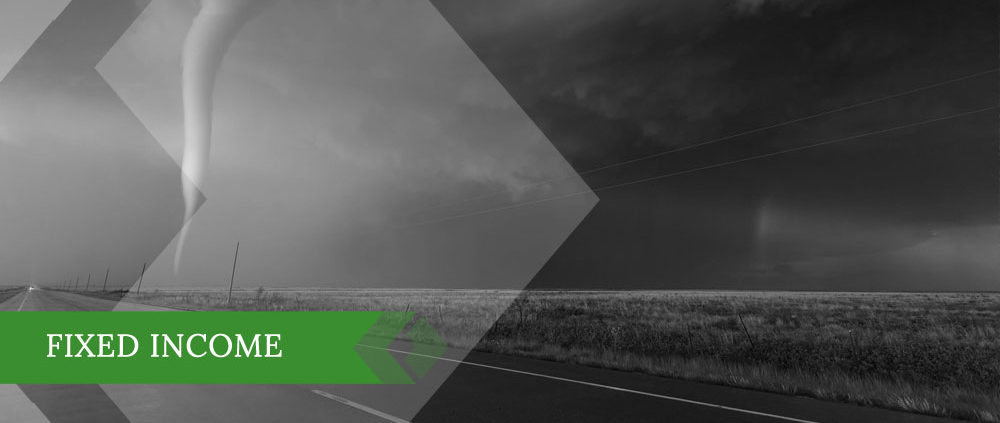Stock market investors have seen bumper returns, with the FTSE 100 soaring after the Brexit vote. We ask some of the biggest names in the business for their 2017 predictions.
The FTSE 100 index of Britain’s biggest stock market-listed companies has enjoyed its strongest year since 2009, jumping from 6,137 at the start of the year to touch nearly 7,000 this week. Wall Street’s S&P 500 has hit record highs, with British investors gaining even more in sterling terms because of the fall in the currency. This has meant that some of the biggest funds popular with small investors – such as M&G’s £6.3bn Global Dividend – have made gains of nearly 40% over the past year.
But not everyone has shared in the party. The single biggest fund in the UK, Standard Life’s £26.3bn Global Absolute Return Strategies, has managed to lose money when almost everyone else has been coining it. The fund is down 3.3% over the past 12 months, compared with the 17% gain made by UK index-tracking funds over the same period.
Star fund manager Neil Woodford has also had a poor year, making just 2.7% over the past 12 months for investors in his popular £9.2bn equity income fund.
The prize for the best performance of any fund in the UK goes to the little-known JFM Gold, which has given investors a return of 128% over the past year. Unfortunately, it’s only a £20m minnow, so we took a look at the big funds instead. M&G Global Dividend performed best, rising 39.4%, while Fundsmith Equity was up 28.2%. Both are heavily invested in Wall Street-listed stocks, which have rocketed in sterling terms. For example, Microsoft (a big holding in both funds) was trading at $54.80 at the start of the year and was $63.14 this week – a rise of 15%. But in sterling terms that translated into £37.27 at the beginning of the year, and £49 now – a rise of 31%. While the post-Brexit plunge in sterling will make holidays more expensive for everyone in 2017, it has turbo-charged returns for pension and Isa holders with investments in big US companies.
Billionaire Brexiter and hedge fund manager Crispin Odey reportedly made millions around the referendum, but investors who put money into his Odey Absolute Return fund won’t be smiling. It was the second worst performing fund of the year, losing 15.7% and beaten to the bottom only by an absolute return fund from Argonaut Partners. These hedge fund-style investments became popular a decade ago, but in 2016 almost everything with the words “absolute return” in their name turned into absolute rubbish. Sadly, we can assume their managers will still receive giant pay packets for their sterling performance.
So what will be the winning formula for 2017? We polled some of the leading managers and here’s what they think:
Stephanie Flanders, chief market strategist, UK and Europe, JP Morgan Asset Management
The former BBC economics correspondent reckons Donald Trump’s spending will boost the US economy in the near term, but US shares look fully priced, and Westminster has cloth ears about the Brexit issues facing London banks.
“Politics and policy are likely to dominate the headlines again in 2017. Voters have decided against business as usual and, increasingly, investors are also expecting a change. Whether either will be satisfied remains to be seen.
“The eurozone and Japan have come to the conclusion that when it comes to pushing down long-term interest rates, you can have too much of a good thing. So investors should not expect capital gains on bond holdings to compensate for low interest rates as they have in the past. People have been predicting a turn in the bond market for several years, only to see bond prices reach new highs. But in the past few years, inflation was heading down, not up. This time it really does look different.



